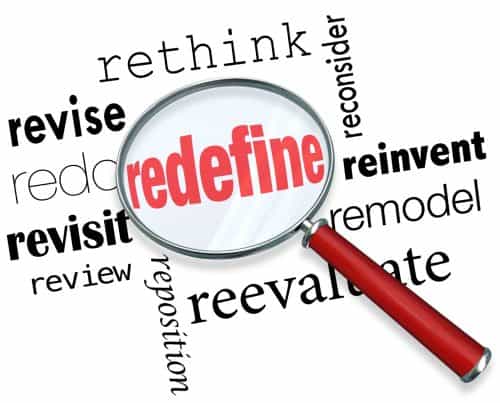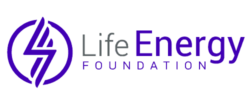Each January, millions of Americans use the start of the new year to reflect on their lives and strive to make improvements moving forward. These are often referred to as New Year’s resolutions. While it’s not necessary to wait until January 1st to start making changes in your life, the practice of making New Year’s resolutions often helps individuals start the new year on the right foot and build healthy habits—including improved physical, mental, and emotional health.
Around 40% of Americans make a New Year’s resolution each year—that’s nearly 132 million people. Of those millions of Americans, 50% make New Year’s resolutions involving improving their health. However, only about 8% of them are successful in achieving their resolution goals. Making a resolution is a great way to improve your health, but the ability to stick to the resolution is key.
Improving your health can be difficult to maintain, especially if you are suffering from chronic pain due to conditions like osteoporosis, Parkinson’s, diabetes Type 2, or others. This can make it even more challenging to stay on track and cause you to consider abandoning your resolutions altogether.
The Life Energy Foundation is here to help! We want to assist you on your journey toward positive lifestyle changes and let you know that it’s alright if things don’t go perfectly or according to your initial plan. Right now, there are two main steps we want you to focus on: reconnecting and adjusting.

Step 1: Reconnect
First, it’s important to reconnect with yourself and check in on the progress you’ve made toward your resolution. That may sound simple, but really sit down and examine how you are doing.
How are you feeling at this point? Where are you in relation to your resolution? Do you still feel excited about it? Does just thinking about it make you roll your eyes up to the ceiling? Does it cause you to reach for the ice cream and start binge-watching your favorite show, or play hours of some video game? Don’t fret! This is the most common place people end up in around this time after working toward their resolutions on January 1st. But, there is hope.
Determine in your gut or head (guts tend not to overthink things)—how do you feel about this goal? Stressed? Tired? All your pains come out to play? Once you determine how you’re feeling, the next step is to figure out what it is about your resolution that is causing you to feel this way. Are you making progress or does it feel like you’re not advancing toward your goals? Has life come in and interrupted things or did you just bite off a bit more than you can chew?
It’s crucial to be honest with yourself and accept that there are other mitigating factors to what you can do. Sometimes the timing is wrong, and sometimes you don’t have access to the right tools or support. Other times you choose a goal because of social (media) pressure and not because you really wanted it. Don’t worry! While things might not have gone as planned up until this point, you can make changes and move forward! That brings us to our second step: adjusting.
Step 2: Adjust
So, if things aren’t working out the way you planned after checking in with yourself, that means it’s time to simply throw away your resolution, right? That can be one answer, and totally correct if you truly just want to run for the hills every time you think about your resolution. If your gut indicated this is a really good thing for you to tackle and you will love the end result, then it means it’s time to adjust your resolutions accordingly.
This doesn’t mean that you are giving up on your goals, but instead it involves modifying your objectives or the methods for reaching them. Another way to think of this adjustment is altering from a rigid resolution to a more flexible one that will allow you to be successful. So, what changes will help you?
The answer to that question will depend on your specific situation and what your resolutions are. But, there is one tip that can help just about everyone adjust their goals—start small.
It’s more important to be consistent and do a little bit each day than it is to do a lot all at once. For example, if your resolution is to exercise more, start out by making a daily routine out of it. It could be something as simple as walking 5 minutes every day, doing 10 push-ups or squats, or any other type of exercise that suits your situation.
Doing these smaller activities every day will help you create a routine, which will ultimately help you be more successful than exercising for longer periods once or twice a week and potentially pushing your body too far. Do what you can daily towards your goal. It all counts! So what if it takes longer, the important part is you succeed.
It can also be helpful to take a step back from your resolution and modify it to focus on decreasing your stress levels and improving your mental health first. This will help to ensure that you are not placing too much of a burden on yourself and let you move toward your goal incrementally as you are able to. Practicing mindfulness and relaxation techniques is another routine that you can make a part of your daily schedule to help you realign yourself and improve your health. Maybe that is all you do, start this part first.
Another modification you can make is to get on a healthy sleep routine where you go to bed at the same time and get enough rest every single night. Sleep is the key to how our entire body functions each day, so if you aren’t getting enough quality sleep it’s more likely that you will experience negative consequences like being tired, stressed, and more. Part of your adjustment to your resolutions can simply be to commit to developing better sleep habits before you move toward your ultimate goal.
Once you’ve consistently done these things, you can check in with yourself again and adjust your resolutions or goals appropriately. Use this time to reset and modify by implementing some of these small steps to put you on the path to success. They may seem insignificant at first, but they will create a healthy foundation for you to build upward from.
At Life Energy Foundation (LEF), we want to help you achieve your New Year’s resolutions by being flexible and adopting healthy habits. We can assist you on your journey by providing you with valuable resources and tools, as well as all the support you need. We have over 25 years of experience transforming lives and, when you are ready, we are here to help you transform yours as well. Take the first step today with our free 30 Days to Better program, which includes exercises, meditation, and other tools!

